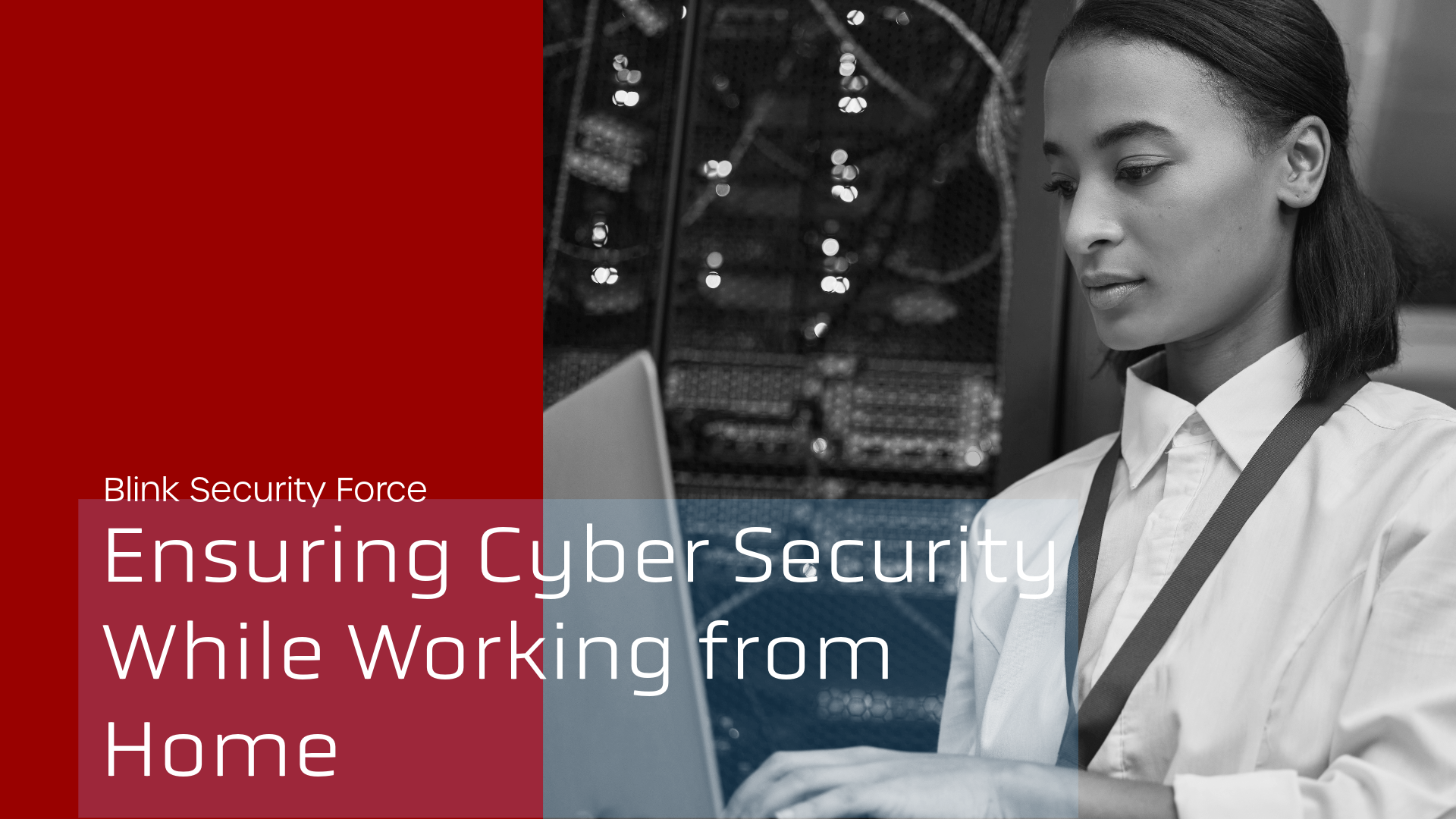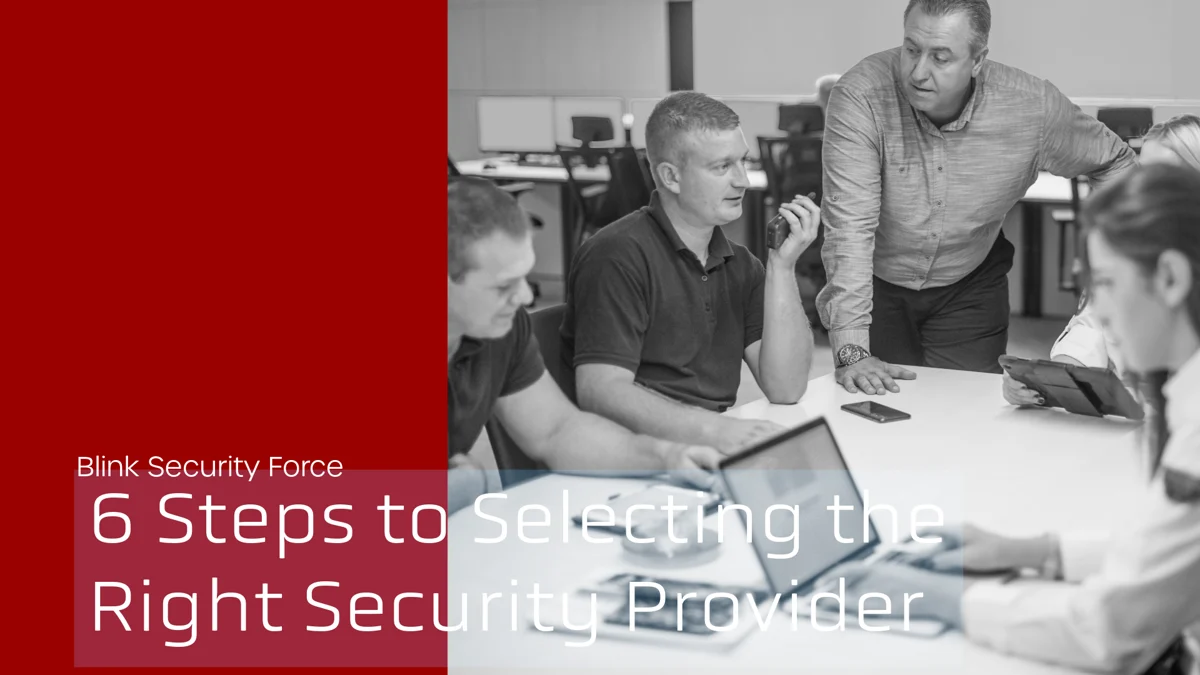· Blink Posts · 3 min read
Cyber Security While Working from Home: An Essential Guide
As technology becomes integral to our lives and remote work rises, prioritizing cyber security is vital to protect personal and company data. Here are three key factors for cyber security awareness.

1. Secure Your Home Network
Securing your home network is a foundational step in practicing good cyber hygiene.
-
Use strong, unique passwords: It may seem obvious, but it’s surprising how many individuals still use ‘123456’ or ‘password’ as their password. It is crucial to create strong and unique passwords for all your devices and accounts. To assist you in securely generating and storing these passwords, consider utilizing a reputable password manager.
-
Enable two-factor authentication (2FA): If it’s an option, it’s highly recommended to enable 2FA. This additional layer of security not only requires your password but also a second piece of information that only you would know. It significantly enhances the protection of your accounts and personal information.
-
Update Regularly: Ensure that you regularly update your devices, routers, and software with the latest security patches. It is essential to stay proactive against cyber attacks, as they often exploit known vulnerabilities that have already been addressed in newer software versions.
2. Beware of Phishing Scams
Phishing scams are a common method used by cybercriminals to trick you into revealing sensitive information.
-
Verify the Source: It is always important to verify the source of the emails or messages you receive. If you have any doubt, it is recommended to directly contact the company or individual through a known contact method to confirm the authenticity of the communication.
-
Don’t Click on Suspicious Links: Exercise caution when clicking on links or downloading attachments from unfamiliar or unsolicited sources, as they may potentially direct you to malicious websites or install harmful software.
-
Educate Yourself: Stay informed about the latest phishing techniques. Having knowledge about current trends will empower you to better safeguard yourself against these threats.
3. Use a VPN
A Virtual Private Network (VPN) is a service that encrypts your internet connection, protecting your data from prying eyes.
-
Secure Your Data: It is highly recommended to utilize a VPN, particularly when accessing public Wi-Fi networks. This valuable precautionary measure can effectively safeguard your data from potential interception by cybercriminals.
-
Choose a Reliable VPN Provider: Not all VPNs offer the same level of quality. It’s important to conduct thorough research and select a reputable provider. Exercise caution when considering free VPN services, as they may compromise your data by selling it to third parties.
-
Keep It On: It is strongly advised to keep your VPN active at all times, particularly when handling sensitive information.
Follow these best practices to enhance cybersecurity and protect your organization. Remember, prevention is the best protection. Stay safe online!

